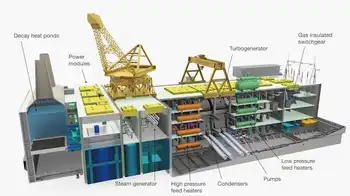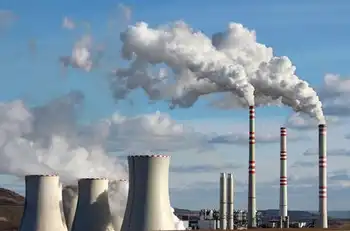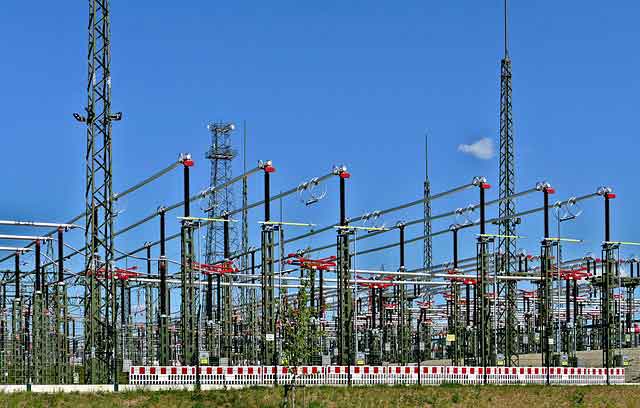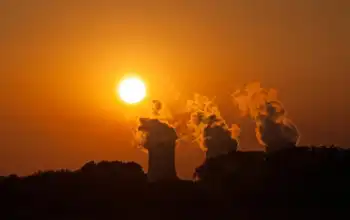Bank of America to treat CO2 as liability
Banks have taken notice of green energy opportunities, including investing in wind and solar technologies. But it's also become aware of the growing financial risk to companies, such as Duke Energy Corp., that emit carbon dioxide. Federal regulations appear on the way from the Democratically controlled Congress, which has been considering how to regulate the gas, blamed as a major cause of global warming.
"We have decided, as have other banks, to start assessing the cost of carbon in our risk and underwriting processes," Lewis told a lunch crowd at the 2008 Emerging Issues Forum in Raleigh.
The conference is focused on the financial aspects of climate change and how the state can position itself to benefit from an exploding green economy. Lewis told the crowd of N.C. business and government leaders that it would assume the extra cost of carbon to be from $20 to $40 per ton, unless federal legislation sets a different cost.
The bank has also invested billions in so-called "green energy."
The bank announced a $20 billion green-energy investment initiative last year. Investors stand to make a killing on new green technology increasingly required by regulation across the country.
But Lewis spoke directly to N.C. and federal regulators, asking them to create "a stable and predictable regulatory environment with a bias toward clean energy and the green economy." He called on Congress to create a cap-and-trade carbon dioxide system, which would set a national cap on emissions and lower it over time.
Companies that exceeded their limit would have to buy pollution credits from those who beat their limit. Over time it would become cheaper to invest in anti-pollution technology.
Related News

Advanced Reactors Will Stand On The Shoulders Of Giants
WASHINGTON - Advanced reactors will break the mold of what we think nuclear energy can accomplish: some will be smaller, some will use different kinds of fuel and others will do more than just make electricity. This new technology may seem like uncharted waters, but when operators, technicians and other workers start up the first reactors of the new generation, they will bring with them years of nuclear experience to run machines that have been optimized with lessons from the current fleet.
While advanced reactors are often portrayed as the future of nuclear energy, its our current plants that have paved…





